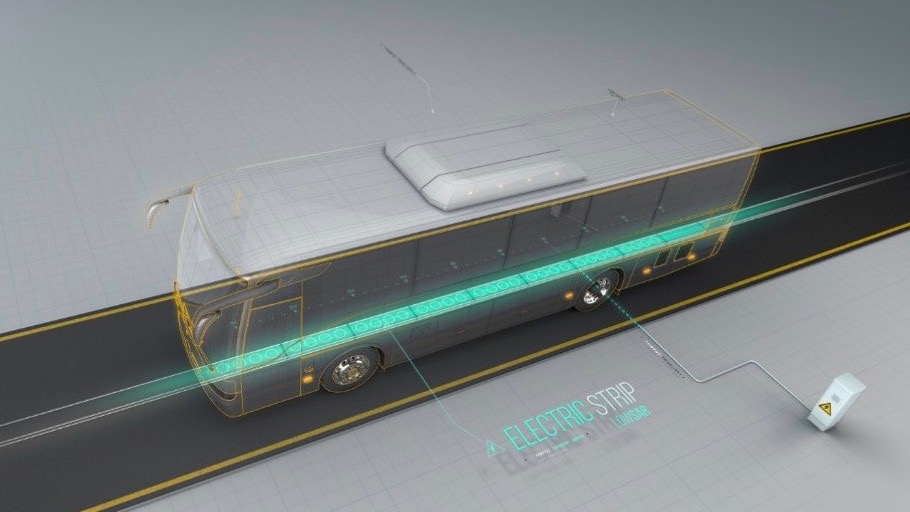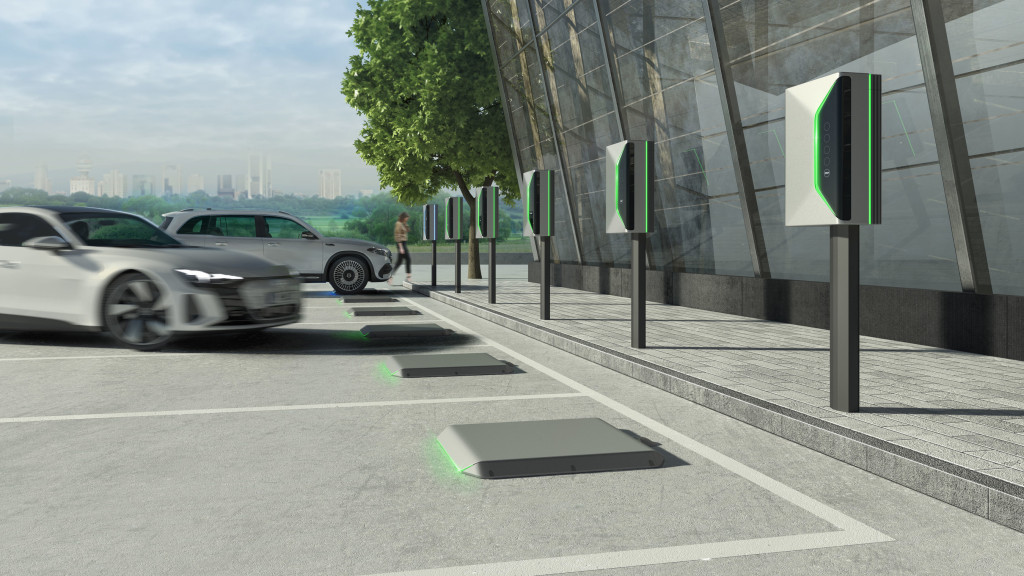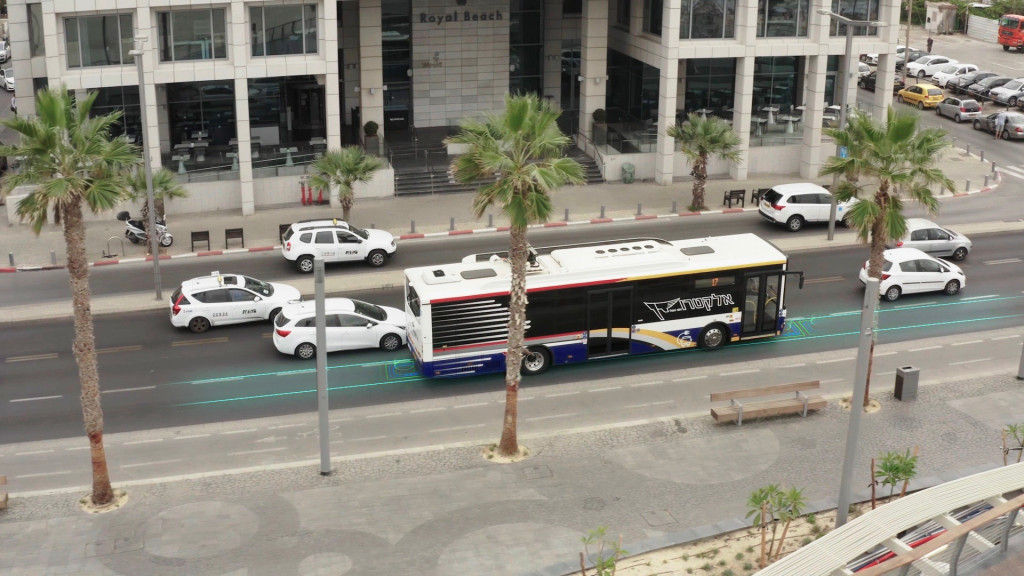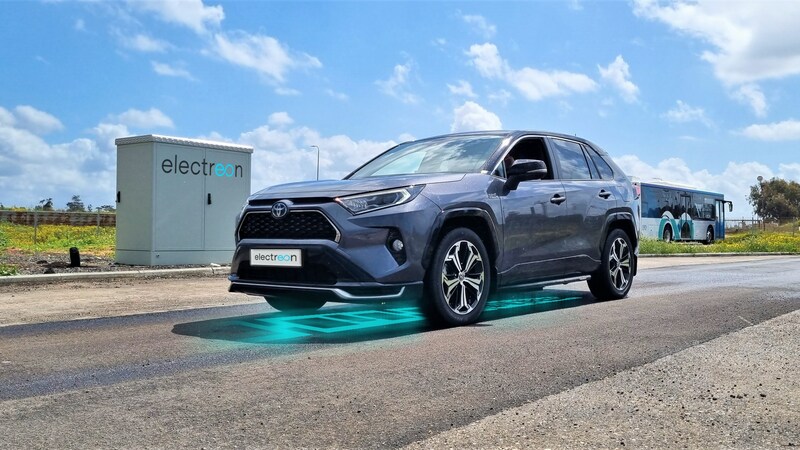After an intensive take a look at with dynamic wi-fi charging put in on a Toyota RAV4 Prime, Israel-based Electreon is on a path with Toyota and its top-tier provider Denso to develop a dynamic wi-fi charging system for electrified Toyota automobiles.
The strategic settlement, which comes lower than a month after the tease of future wi-fi charging in Tesla automobiles, may result in a joint growth settlement to create an aftermarket wi-fi equipment for present electrified fashions just like the Toyota RAV4 Prime, integration of the tech into new automobiles, and a joint pilot challenge in Japan, the U.S., or the EU, in keeping with the businesses.
That features what the hassle described as “collaboration to form the standardization of wi-fi EV charging.”

Electreon dynamic wi-fi charging
The businesses didn’t make clear what was meant by that. The Society of Automotive Engineers (SAE) in 2020 introduced the primary international requirements for wi-fi EV charging at as much as 11 kw, and Electreon has been part of the method behind these requirements.
“Toyota has hopes that dynamic wi-fi charging know-how will function one of many options that may resolve the problems associated to electrified automobiles,” stated the joint launch, which talked about {that a} current tech analysis included an indication of a RAV4 Prime charging on a wi-fi street.
Which will assist cut back the battery measurement required in EVs or lengthen their driving vary, the businesses defined—and it may additionally probably cut back the load on the grid and make it simpler to include renewable vitality sources, the businesses defined. These had been outlined in better element in a white paper from Electreon launched final 12 months.

WiTricity and Siemens wi-fi charging station
Whereas the present main supplier of manufacturing facility wi-fi charging tech, WiTricity, is specializing in static wi-fi charging—when the automobile is parked—Electreon seeks to offer options that work dynamically (when the automobile’s transferring) in addition to statically.
Toyota has proven curiosity in wi-fi charging tech for greater than a decade, and it grew to become a stakeholder in WiTricity again in 2011.
That might probably imply the next worth for integration in EVs, whereas up to now, initiatives that incorporate dynamic charging are very small in scope. They contain laying magnets into the roadway floor, in addition to energy sources far past what’s required by roadway lighting.

Electreon dynamic wi-fi charging
Initiatives by which automobiles recurrently circle across the similar route are one of the best choices for the tech—airport entry roads and terminal loops or central car-hailing zones, as an example. It’s been examined with short-loop bus service in Tel Aviv, a truck-oriented in-road charging challenge in Sweden, and a challenge electrifying a brief portion of German Autobahn.
That apart, the comfort of static wi-fi charging may assist EV adoption. In accordance with outcomes from research commissioned from WiTricity, the tech may promote extra EVs, and EV buyers are extra taken with seeing wi-fi charging as an possibility than self-driving functionality.


